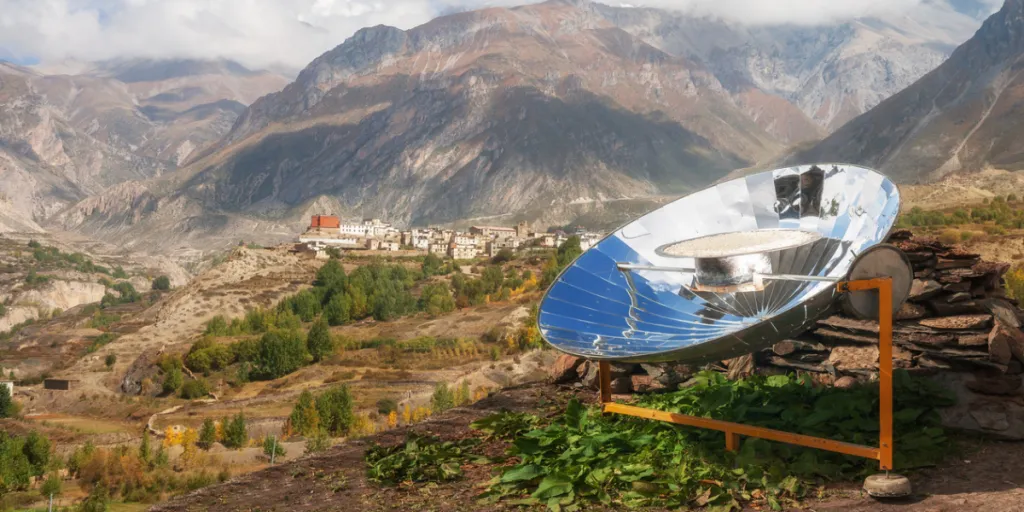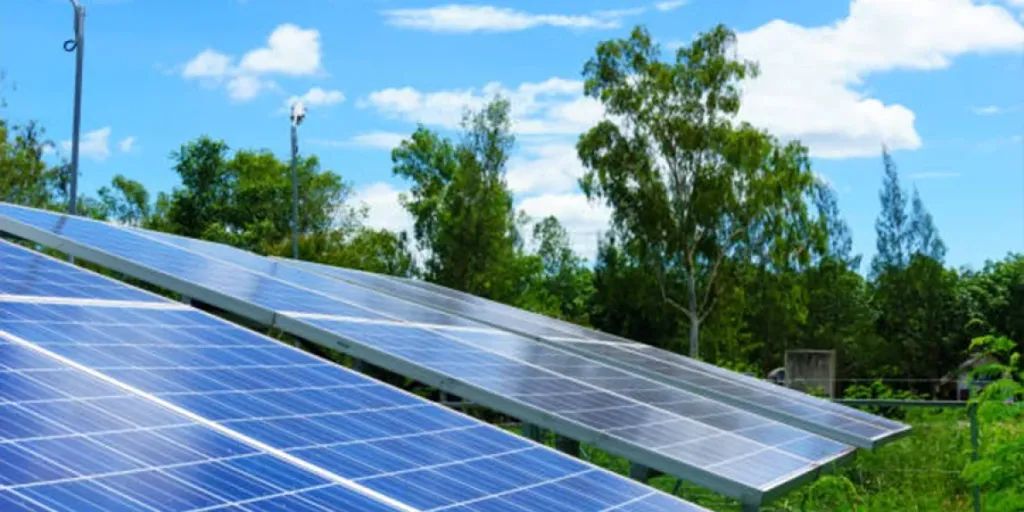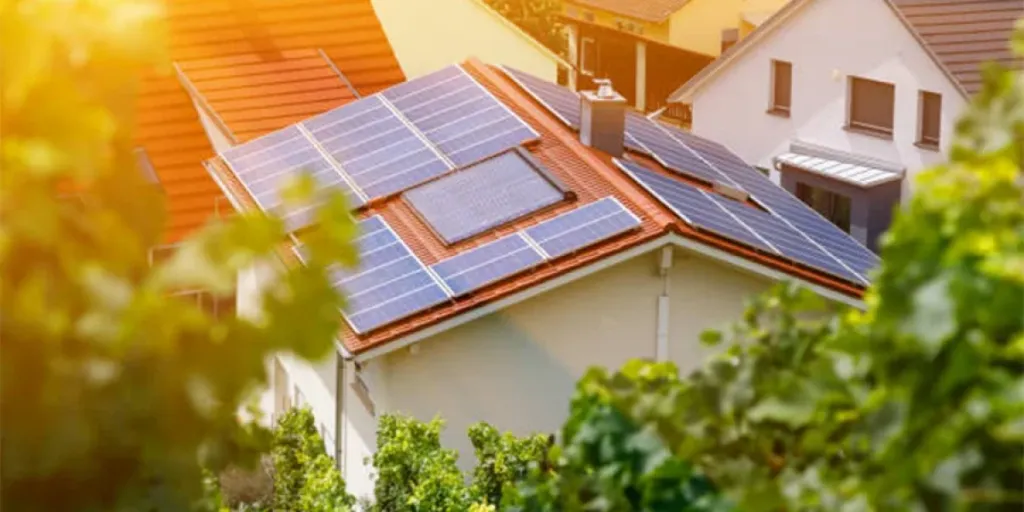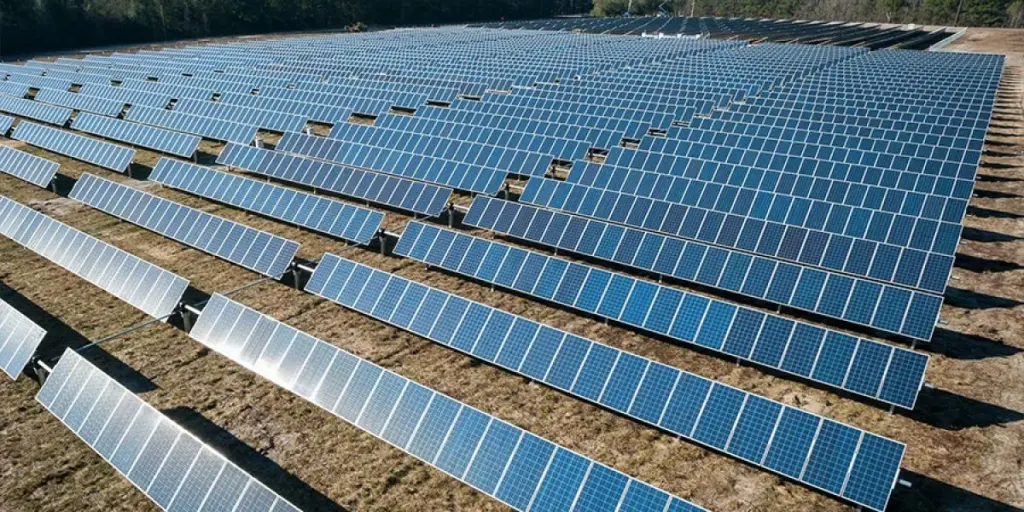Want to go greener in your everyday life? What better way than cooking without electricity or gas? That’s right, you can opt for a solar oven instead and simply use the sun’s energy to make delicious and nutritious food.
Welcome to the world of solar ovens, where the power of the sun transforms cooking into a sustainable and eco-friendly experience. Whether you are looking for a solar cooker for daily cooking or occasional outings in nature, this guide will walk you through some of the solar oven basics. Read on to find out how solar ovens work, why it might be a good idea to buy one, and how to choose the perfect solar oven for you.
Table of Contents
What is a solar oven and its benefits?
Choosing the right solar oven for you
Wrapping up
What is a solar oven and its benefits?
A solar oven is a revolutionary cooking appliance that harnesses the power of the sun to cook food. Unlike traditional ovens, solar cookers are eco-friendly because they use solar energy as their primary heat source.
However, the decision to invest in a solar oven goes beyond embracing a sustainable lifestyle. It’s a choice that brings a multitude of benefits. Here are four compelling reasons why you may want to buy a solar oven.
1. Choose a greener lifestyle
Solar ovens are a clean and green alternative to conventional cooking methods. By harnessing the abundant energy from the sun, they produce zero carbon emissions, reducing your carbon footprint and contributing to a healthier planet.
2. Save money
Solar ovens are not only greener but also cheaper to use. After all, the sun’s energy is free, eliminating the need for electricity or gas. This translates to significant savings on energy bills in the long run, making solar ovens a cost-effective and sustainable cooking solution.
3. Prepare food anywhere
Solar ovens are invaluable during power outages, in the great outdoors, or in the event of an emergency. A solar oven provides a reliable backup for unexpected situations if traditional power sources are unavailable.
4. Cook tastier, healthier food
Food cooks slowly in a solar oven because it uses gentle heat. This mild cooking process enhances the natural flavors of ingredients while preserving essential nutrients. Meals cooked in solar ovens often have a richer taste and can be more nutritionally dense than conventionally cooked dishes.

How does a solar oven work?
Solar ovens capture sunlight through specially designed reflective surfaces and convert them into heat. This results in a sustainable and energy-efficient cooking experience.
Understanding the mechanics behind a solar oven is essential for making an informed purchase. Most solar ovens have a reflective surface, typically made of mirrors or metal, which focuses sunlight onto a cooking chamber. The cooking chamber is designed with materials that absorb and retain heat, creating a controlled environment for cooking.
More advanced solar ovens may employ a tracking system that follows the sun’s movement throughout the day, optimizing energy absorption. There may also be additional features that help with temperature control, portability, and cooking quality.
What can you cook in a solar oven?
Solar ovens can handle various dishes, from roasting vegetables to baking bread and slow-cooking stews.
They are perfect for cooking meats, grains, and even desserts. The gentle, slow-cooking process enhances flavors and preserves nutrients, making solar ovens a healthy and delicious choice. There are even specialized solar pizza ovens, perfect for the cheesy delight.
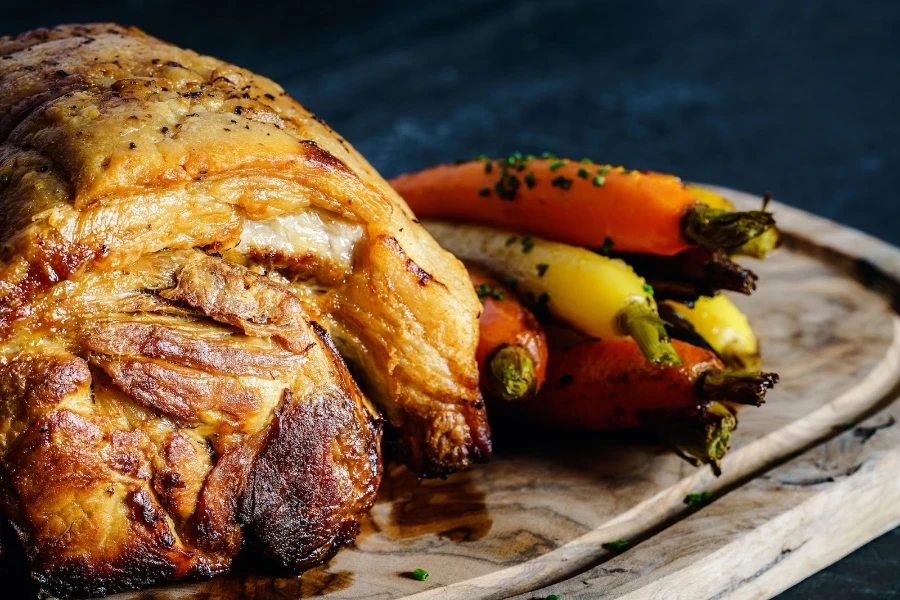
Choosing the right solar oven for you
Ready to buy a solar oven? Consider the following factors when you choose the right one.
Efficiency and construction
Look for solar ovens with excellent heat retention and insulation. Consider what materials are used in the manufacturing process as these will impact durability and efficiency. A solar oven that uses higher-grade materials will last longer, resulting in a better investment in the long term.
Size and cooking capacity
How many people do you typically cook for? You might be fine with a small solar oven if cooking for yourself or a small family. Meanwhile, a larger cooking capacity will be essential for bigger households or group outings.
Portability and storage
Consider the portability of the solar oven, especially if you enjoy outdoor activities. There are various models that feature foldable designs and lightweight materials, making them convenient for camping, picnics, and other adventures.
Additional features
Explore extra features like temperature control, built-in thermometers, and easy-to-use adjustment mechanisms. These user-friendly features enhance your cooking experience, which is essential if you plan to rely on a solar oven for most of your cooking.
Budget considerations
Solar ovens come in a range of prices. Determine your budget and find a model that offers the best value for money while meeting your cooking needs.
How do you make a solar oven?
If you are looking for a fun DIY project, you can build a solar oven yourself. This offers a cost-effective entry into solar cooking, but DIY solar ovens are typically less effective than commercial ones.
To construct a simple solar oven, gather materials such as a cardboard box, aluminum foil, reflective Mylar or paint, glue, a box cutter, a thermometer, and black paint.
Then, follow these steps on how to build a solar oven.
- Prepare the box: Cut a flap in the lid of a sturdy cardboard box to create an insulated cooking chamber.
- Line with reflective material: Cover the box and flap with aluminum foil to ensure a reflective surface for optimal sunlight absorption.
- Create a reflective lid: Use a reflective Mylar or paint the box’s exterior for enhanced sunlight reflection onto the cooking chamber.
- Add insulation: Line the interior with additional layers of cardboard or insulating materials to improve heat retention.
- Paint the interior: Enhance heat absorption by painting the inside of the cooking chamber black.
- Attach a thermometer: Monitor the temperature by affixing a thermometer inside the cooking chamber.
- Adjust for sunlight: Set the box at an angle and follow the sun’s movement throughout the day for optimal exposure.
While homemade solar ovens may not match the efficiency of commercial models, they provide an engaging and hands-on experience along with sustainable homemade meals.

Wrapping up
If you live in a sunny climate, then a solar oven may be the perfect way to pursue a greener lifestyle while saving money on energy. You can use your region’s abundant sunlight to cook healthier, tastier meals using a solar oven without any electricity or gas.
Meanwhile, a solar oven may also be ideal for adventure-seekers and people living in areas often affected by natural disasters. Be ready for anything with a solar oven!
Enjoyed this blog? Stay updated on the latest in green energy and renewables with Alibaba.com’s expert blog.
